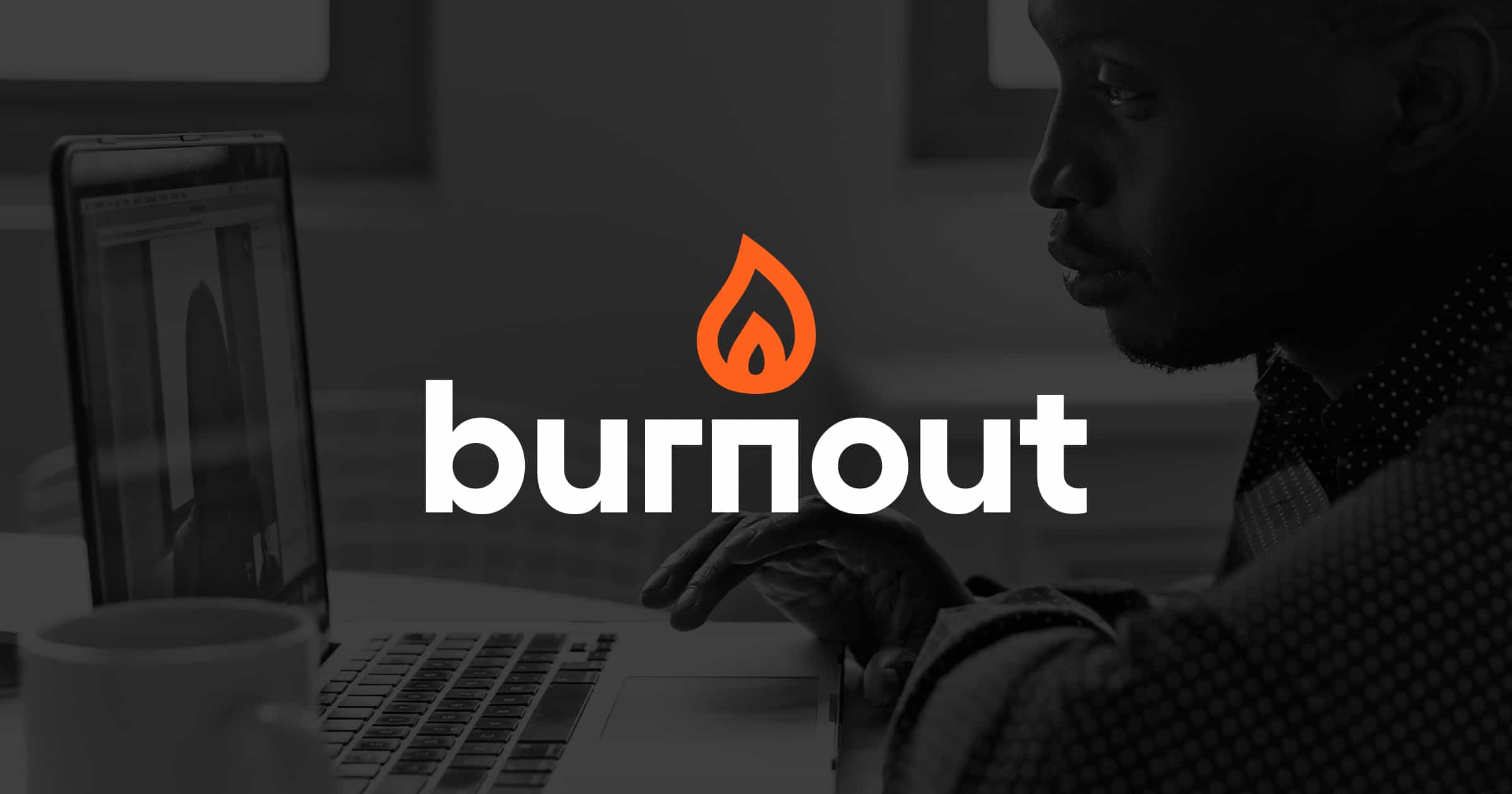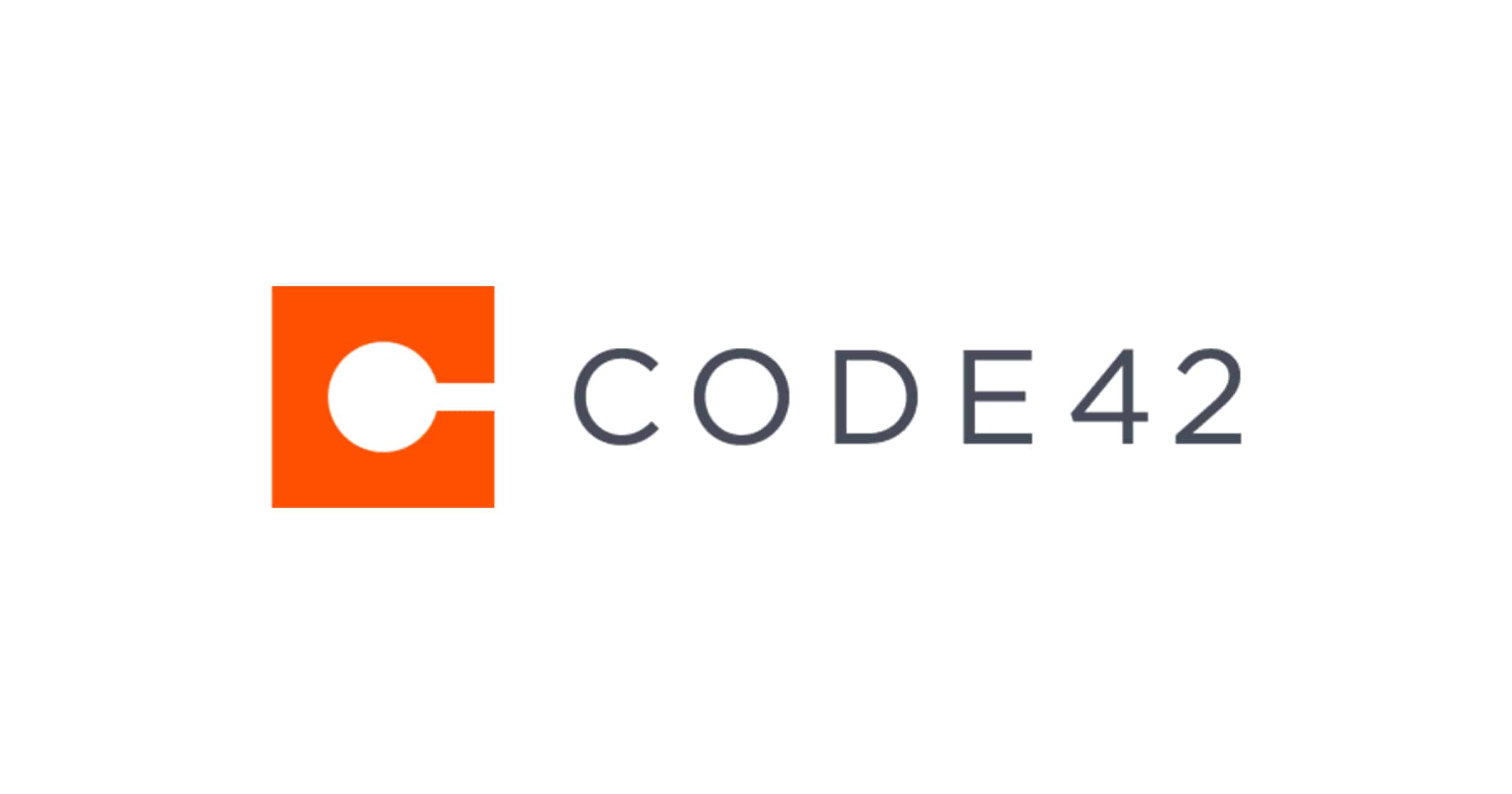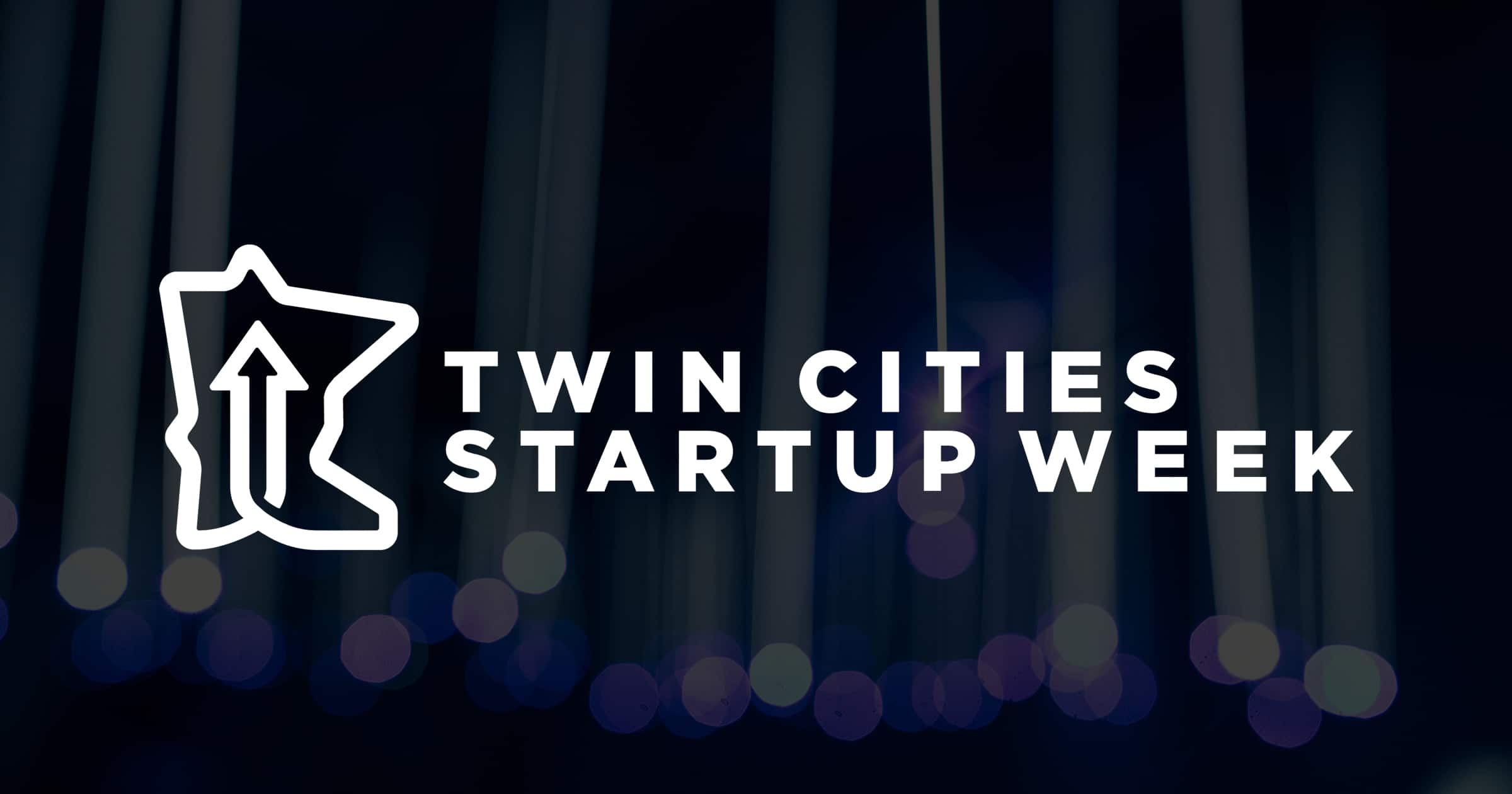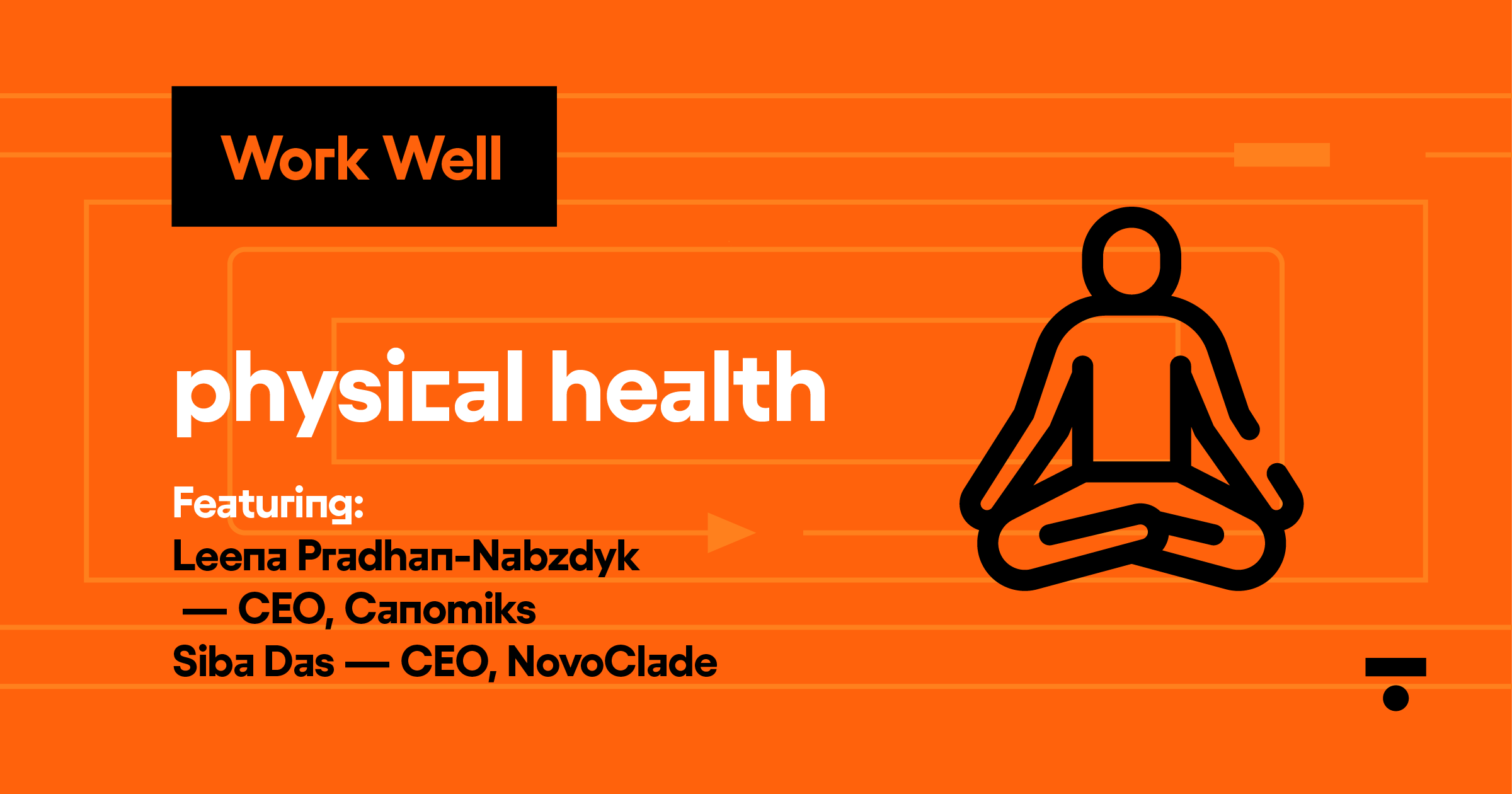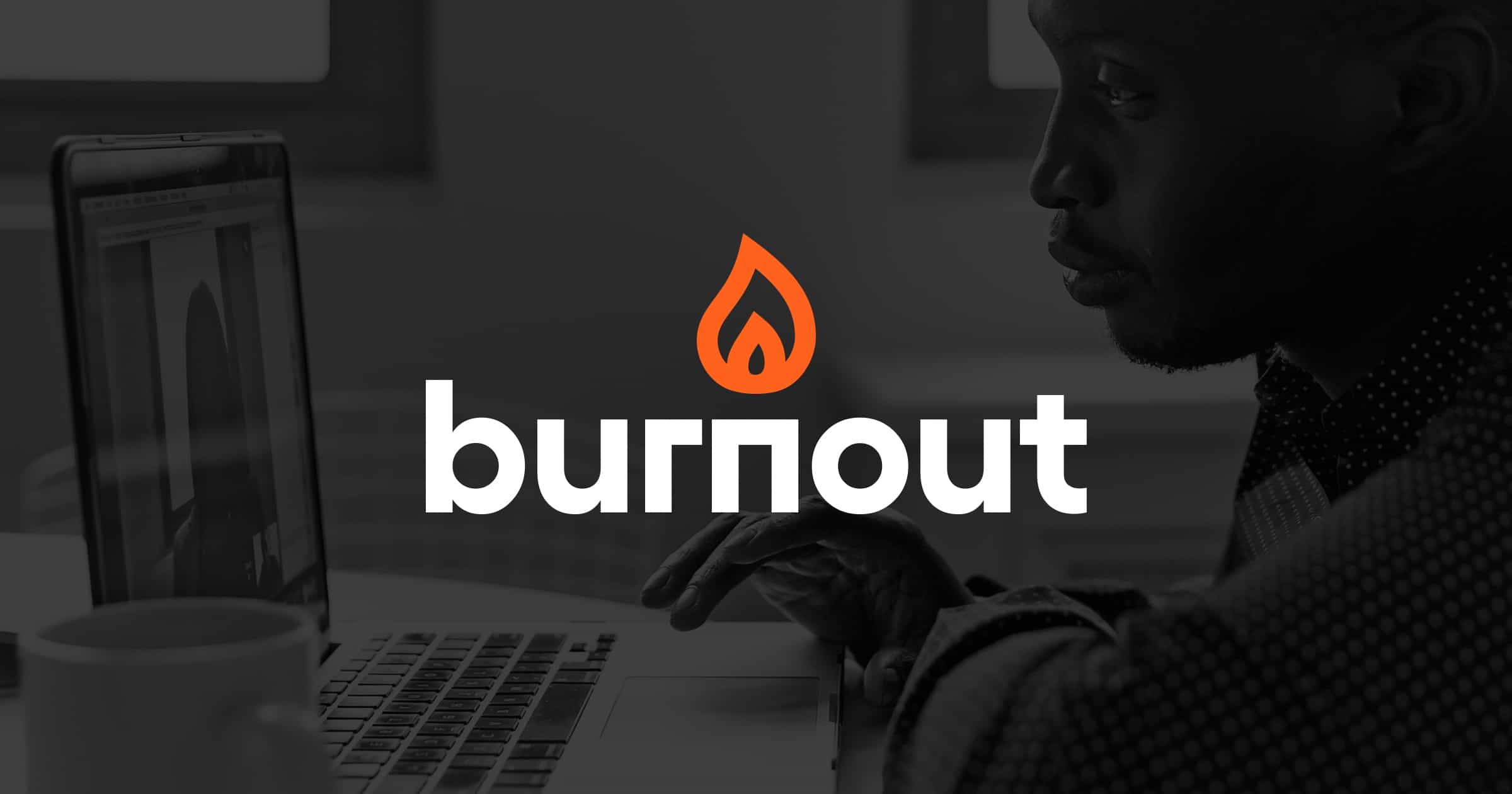When building a company from scratch, there’s no playbook. There’s no recipe to go off of. There’s just you, the idea, the goal…
And a whole lot of determination and hard work to get there.
But sometimes all of that hard work can take a toll.
“By far the most challenging thing is the emotional aspect,” Carlos Seoane, founder of Extempore, said.

Carlos Seoane
The company, a speaking practice app that provides an oral language assessment tool to instructors and educators, started as a side project in 2017 when Seoane was still vice president at Thomson Reuters and had young kids at home. He admits to not having a “super healthy” approach to work, saying he works quite a bit and quite obsessively.
“Extempore is something I’m always thinking about,” he said.
Mentioning that it might be because it’s his first time as a founder, Seoane said it takes every ounce of his brain power because he’s making it up as he goes — a feeling that’s no-doubt familiar to many newcomers in the startup process.
Matt Raskin of Bootstrappers.mn — a company of founders and operators helping Minnesota startups succeed — said it’s less about a work life balance and more about blend. The majority of the burnout he experienced was during a 10-year-run at Jamf.
“It took me having too much to do to get there and to learn that,” Raskin said. “You get so consumed when you’re building these things, you lose sight of other things.”
But Raskin has now realized it’s all about the choices one makes with their time. He underscored the importance of developing a routine of how to take care of yourself and bring the best version to work. One of his anchoring points? Sunday night yoga, something he called his, “sacred time.”
According to Professor Frazier, Ph.D. and Director of Graduate Studies in the Department of Psychology at the University of Minnesota Twin Cities, work stress is correlated with reporting more physical health symptoms than other types of stress — so it’s important to find those anchoring points.
For Seoane, it’s working out religiously (he’ll reschedule a meeting with an investor if it interferes with his workout) and restoring old motorcycles. Mechanically oriented and having an obsessive personality, he said it helps when he can, “obsess about something outside of the company.”
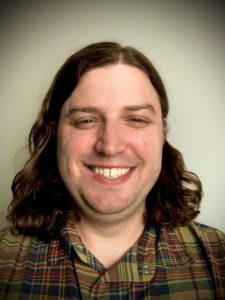
Matt Raskin
Raskin, who worked primarily in human resources, employee engagement, and performance at Jamf, has also learned the importance of showing integrity when it comes to having a flexible work environment.
“I don’t think you should destroy yourself at work,” he said. “You have to do what you’re telling other people to do.”
This is especially important in regard to work stress once again, according to Professor Frazier’s work. One person’s stress level can affect another person’s stress level as well, she says — so if people in charge are stressed, this can affect employee stress levels in turn.
Sometimes, you have to slow down to go fast. That’s what a mentor once said to Raskin, and it’s stuck with him as he continues to build safe workspaces and places of trust where people feel empowered to work flexibly.
“The center of what we’re doing is people,” he said. “That’s an important thing to remember.”
Another important thing to remember is it’s okay to take time off and step away from the grind. Learn how Caroline Karanja of 26 Letters and Hack the Gap, and Kristen Womack of Mina Families allow themselves to take breaks in next week’s edition of Work Well.

